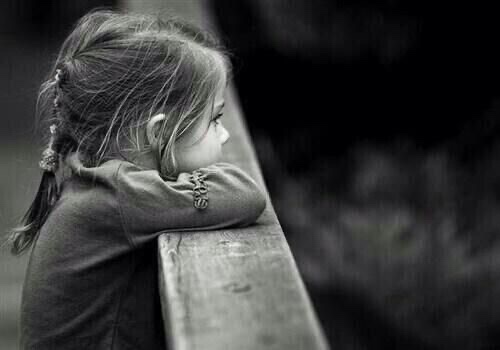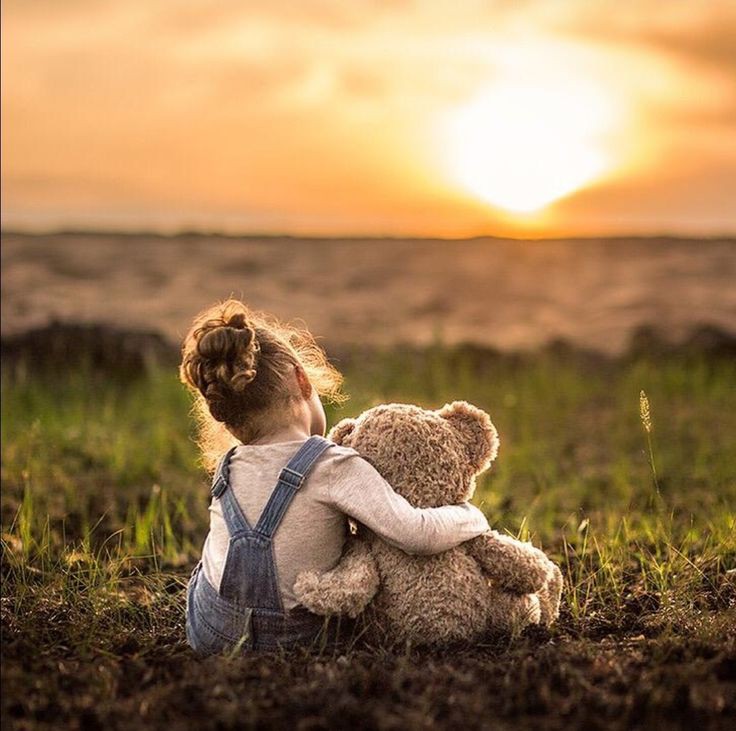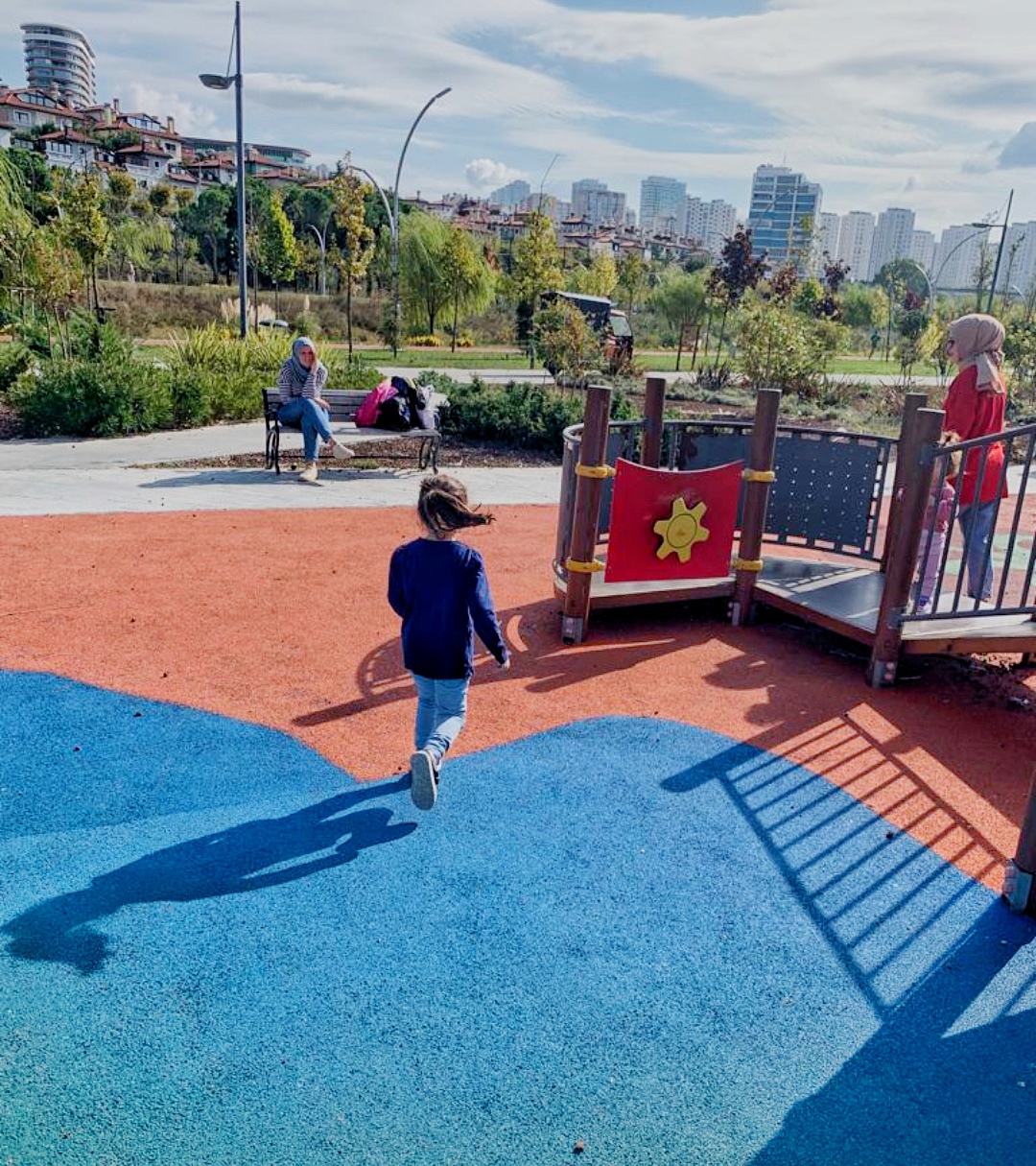
The “Bad kid” role
Have you been in a situation where you are desperately trying to change your child’s behaviour but the more you try to “fix” things the more you realize that you are just spinning in circles? The reason is simple: kids know they did something bad and they feel bad about it. We criticize, and they rebel even more. Not having an adult to remind them that, despite their unpleasant behaviour and big emotions, they are every time good kids who are having a hard moment. We as parents need to separate their personality from behaviour and also let our kids know that those two are separate. Here is a thought to remember: when kids feel good they want to do and act good. Same as adults, so the next time you see a person angry and frustrated, offer some compassion and understand that they are fighting some inner battles we know nothing about.
The more we criticize our children the more they will identify themselves with “the bad kid” role. The paradox is that the more we try to change our child’s behaviour the more our child will act in an inappropriate way. Because deep down they believe that they are bad and because of our criticism, our relationship with our child will be eroded and they will feel disconnected from us. A child who is feeling disconnected from their caregiver will be less likely to change their behaviour – and there goes the saying, “connection before correction”.
Another thing to mention. If our child is afraid of our reaction to a certain behaviour or something they did, they will be constantly in alert mode. Instead of using the prefrontal cortex, which is part of the brain responsible for thinking and reasoning, their 3F (fight, fight, freeze) mode will be on alert and the amygdala, the part of the brain which activates when we feel afraid or in danger will be alerted. Therefore, they are not able to make conscious and rational thinking and make good choices because they are in this state of fear and expectation of our reaction.
One of the tools many psychologists suggest (and also some famous ones like dr Becky Kennedy disapprove and do not suggest to use) are natural consequences. As dr Kennedy is saying, we want to create an environment for our children for them to feel safe and trust us enough so that we don’t find ourselves in a situation where we will need to use consequences as a method of disciplining our kids. According to her, after our kids grow up they will just be in a situation where they can say NO to consequences we impose on their behaviour. Other ones suggest that consequences (natural ones) are a great tool for disciplining our kids and that natural consequences are part of life and they will have to experience them later on in life. Jumping to the point. A child who does not feel connected to their caregiver will not be able to experience natural consequences in an appropriate way. Why? Because they don’t care. And we are talking about older kids because using consequences, as a tool can be done with older children and teenagers but even with small kids, we can see that the more they feel connected to their parents the fewer tantrums and unpleasant behaviour they have. Because those kids are naturally leaning towards their caregivers and they don’t want to disappoint them and just want to make them happy. But the more we yell, scream, threaten, shame and punish the more our relationships with our children will suffer and eventually our kids will totally detach.
We must understand that we are mentors to our kids, guiding them, not controlling them. The less we try to control our kids the more control we will have over ourselves. When it comes to power struggles sometimes we might feel mighty and like we have won when we use our authority and the famous “Because I said so.” “Because I said so” is not completely wrong – if we have some further explanation and some rock-solid evidence to back up this statement. All in all, there is no winner, only loser/loser. If use our authority when correcting children’s behaviour our children learn that anger is a great way to impose our rules. If we let our kids use their meltdowns as a way to get what they want, we can expect more and more tantrums in the future.
The focus must be switched from control to building a healthy relationship with our children which involves mutual respect and understanding. Now, this is an ongoing process – it takes time to achieve it and also once achieved must be taken care of and we need to constantly invest our time, patience and energy into it. It is not an easy job, and of course, we will make mistakes and our kids will make mistakes. The important thing is to set clear expectations from our kids and firm boundaries and eventually as problems arise work on finding solutions as a team.
Change is your friend
You May Also Like

Tantrums – what you might not know
August 16, 2021
10 affirmations to tell yourself every day
June 30, 2024
